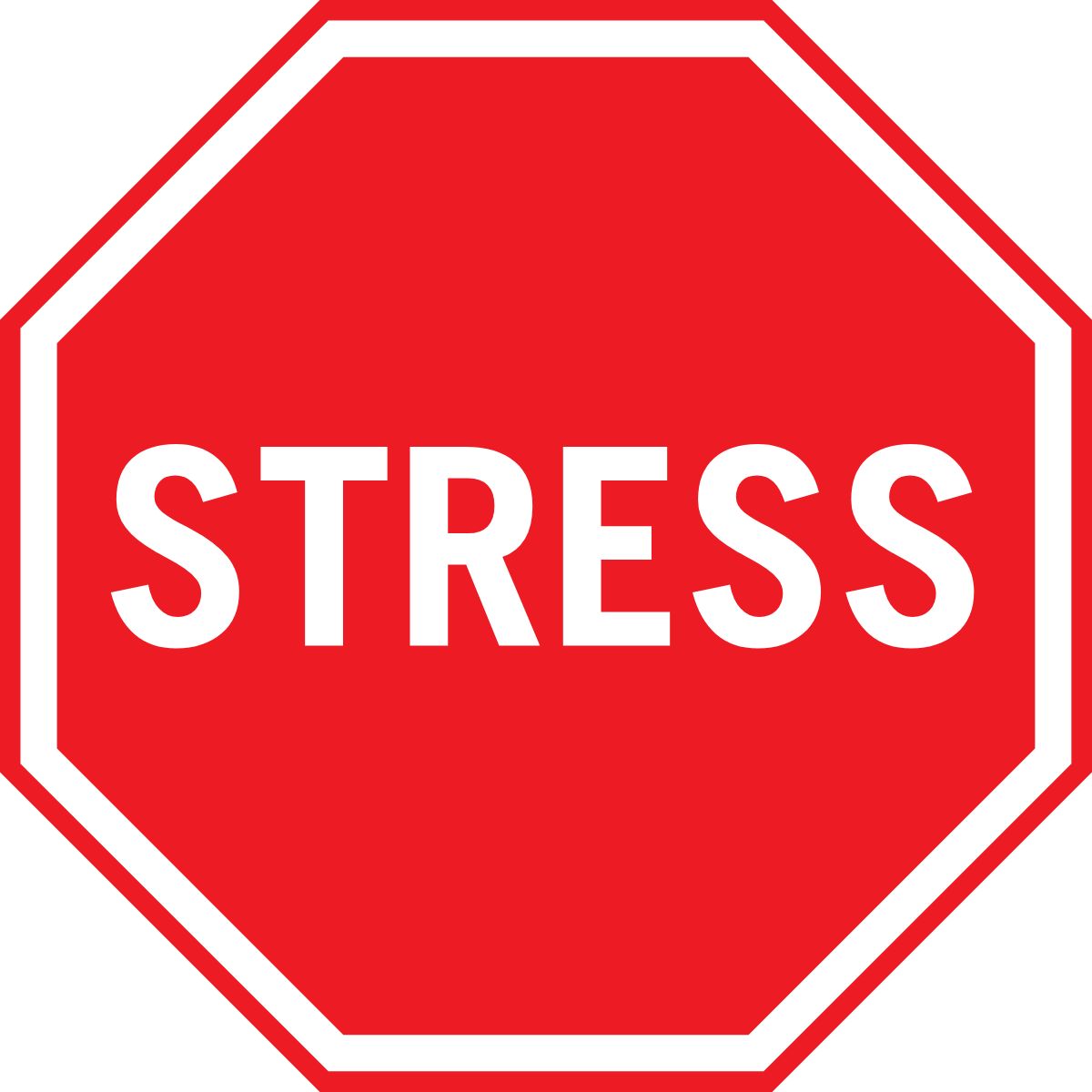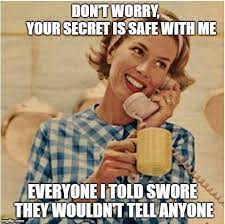I don’t know a person alive, who at certain moments, doesn’t hate a job that they do actually like doing.
(I went back and re-read that sentence a dozen times.)
We’ve all been there: that one required task that drives you nuts, the annoying coworker you have to partner up with occasionally, annual inventory day for every department, or the staff meeting that sucks the life out of you.
Any rational person understands that they may not love 100% of the things that are a part of their job. But as long as those dreaded parts of the job are minor – the job is worth keeping. Also, every job comes with rough patches that smooth themselves out.
But what if those rough patches don’t smooth themselves out? What if you aren’t sure if you hate your job or if you have burned out? How do you know for sure if it is you or the job sucks?
There Is A Difference Between A Job That Brings Fulfillment And Having A Bad Day
The question of “do I hate my job or am I burned out?” is something I talk about with every single one of my burnout clients. I don’t even wait until they ask me because it is important to consider if they are doing a job that is right for them.
So many people assume that if they burnout, then they need to quit their job. NOT TRUE. There are a million reasons you could have burned out. One of them could be that you hate your job or it’s not the right fit. So, this post is all about figuring out if it’s you or if it’s the job.
My clients have to answer:
- Is this a career that brings me joy? Why or why not?
- Is this a job that makes me feel fulfilled? Like I am making a difference? Why or why not?
- Are you in sync with your company and/or boss’s mission? Why or why not?
You can’t answer any of these questions with a simple yes or no. So I tacked on the why or why not so you are forced to do a gut check and give a viable answer.
This is strictly my opinion, but if a coaching client isn’t fulfilled by the work they do, they are often heading for burnout or already there. I say this because job fulfillment is often tied to performance. If you don’t care about your performance or a project’s outcome, you likely don’t feel satisfied by the work. You also don’t have that intrinsic feeling of reward that makes you want to do more.
When that’s missing, you are having more than a bad day or a rough patch.
It’s a bad day if you keep running into minor inconveniencies like the printer being jammed, the break room being out of coffee, or the internet is slow. It’s not the job for you any longer if those minor inconveniences are sending you into a tailspin every day.
Four Questions To Ask Yourself: Is It You Or The Job?
These questions won’t require a Ouija board or time on a couch with a therapist. I think your gut responses to each of them are very telling.
- Are your symptoms physical? Doing something you hate everyday can take a toll on your body. If symptoms like headaches, backaches, panic attacks, or stomach issues are weighing you down, it’s likely burnout. However, if you just dislike your job, it is much less likely to manifest in your body the way burnout would.
- Does your work monopolize your time? Burnout can be caused by plain old exhaustion. It’s easy to feel fatigued when your job demands more time from you than is healthy. Are you expected to be accessible at all times? Are you regularly working 60+ hours a week? Is the ability to take time off limited? If the time constraints of your job are low, but you just dread doing the work – you might just hate your job and it’s time to look for a new one.
- Can you see yourself being happy in another job? Of the four questions, I think this answer is the most telling. Burnout can cause a lot of cynicism that can appear to be a “bad attitude” and a new job won’t fix it. You might see yourself being happy for a short period of time. Inevitably your negativity will return if you don’t fix what broke in the last job.
I ask my clients – who I sense may have the right job, but the wrong attitude – to brainstorm a list of what could make their work more palatable. If they can’t create a basic list – they’re likely burned out.
- Does a mini-break help? If you take a few days off and do feel a little tingle of excitement about returning to work, then your job likely is still meaningful to you. If you feel absolutely zero relief from taking a 3-day weekend – hanging out with friends, sleeping in, working on your hobby – you are likely burned out.
Some Other Signs
The question posed in this email comes with a complicated answer. If you can’t answer it right away, I think you are on the right path because you are considering all of the different aspects. This means you care about yourself!
And, as I mentioned earlier, there are a million reasons that you could burnout and there are a million more that job may not be the best fit. Here are some other signs to consider:
- You’re bored all the time: When work starts to feel too much like “work” and you feel like a machine, the job might not be for you. Some experts say that if you already know everything your coworkers will do before they do it, then it’s time to go.
- Your skills aren’t being seriously considered: If you have spent months proving to your boss or your team that you’re capable managing more responsibilities and they still don’t see it.
- You don’t envy your boss’ job: If you can’t see yourself doing what your boss does every day, then there is little meaning in trying to eventually get there. (*** This one I find interesting because one of the top reasons people quit their job is that the company doesn’t offer a career path. Or, is it a career path you aren’t really interested in?)
- Your boss has a bad attitude: Your boss’s attitude can affect more than just your work. It actually affects other important aspects of your life because that stress spills over. Also, if your boss is pushy, overbearing, or plays manipulative games with you, it’s time to leave.
- You don’t like the people running the show: The people in charge have a huge influence over the culture in your workplace. So, if you don’t like the management team’s style, then you most likely won’t like the culture of your workplace.
- You worry about money constantly: If you worry about money and it’s not because you have a spending problem, it’s likely that you aren’t getting paid enough. If the pay isn’t consistent with the workload and the market, it’s time to leave.
- Your company isn’t invested in you: When your company supports you and you know it, it makes a huge difference in the way you approach work and life. You feel compelled to give back to them. This is a healthy work relationship because trust and responsibility are involved. If your company isn’t invested in you, then there’s no room to foster growth.
- Your appearance has changed, and it’s not for the better: If you look in the mirror and you see rapid signs of aging, extreme exhaustion, or you know you don’t even care about your appearance anymore.
- You’re becoming an emotional wreck: You constantly hide in the bathroom to avoid people or situations.
- Your work goals feel meaningless: It’s important to ask yourself if you support the goals you are working toward in your job. If you don’t believe in the work you are doing, or the way you are doing it, you won’t thrive in that environment.
- Other jobs excite you: If the idea of working somewhere else really excites you.
- You just know: You know yourself better than anyone else. You have also been talking about doing it and/or your know it’s the right thing to do. Trust your gut!






